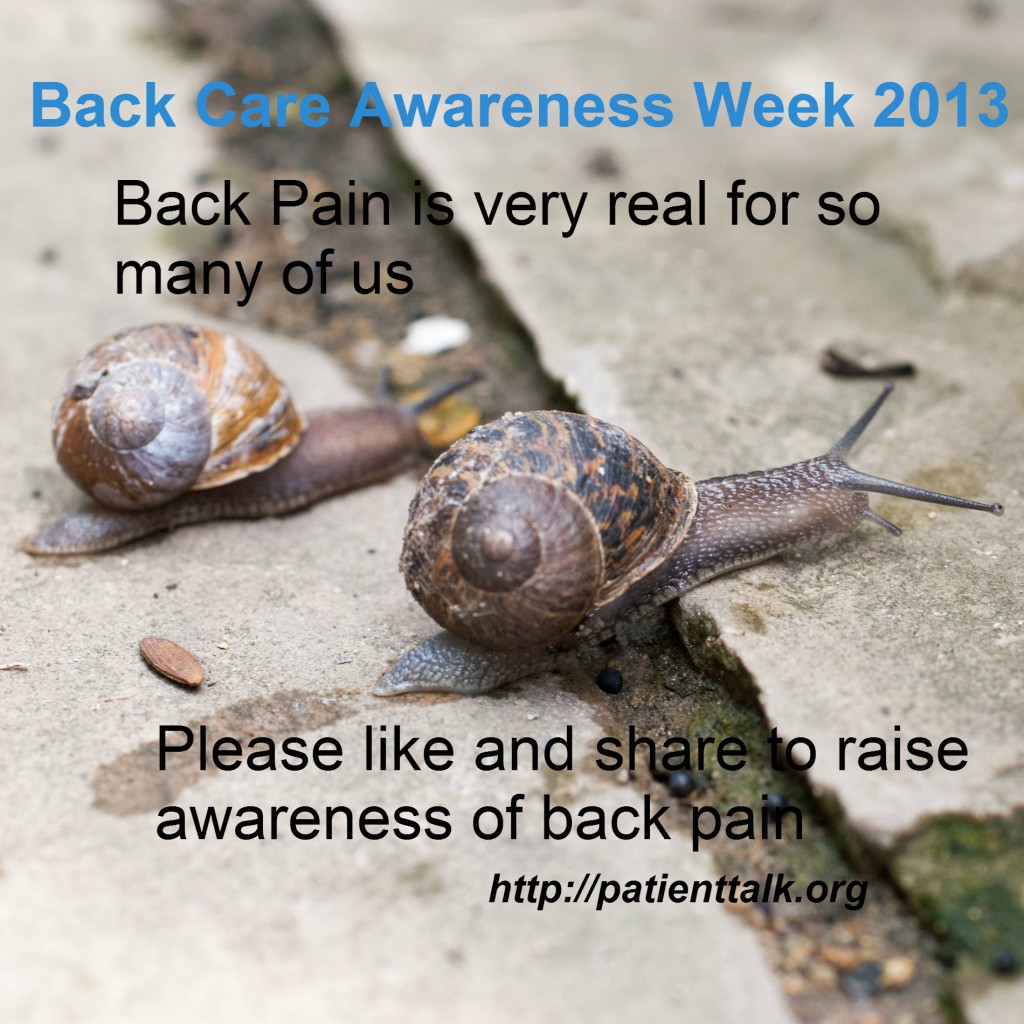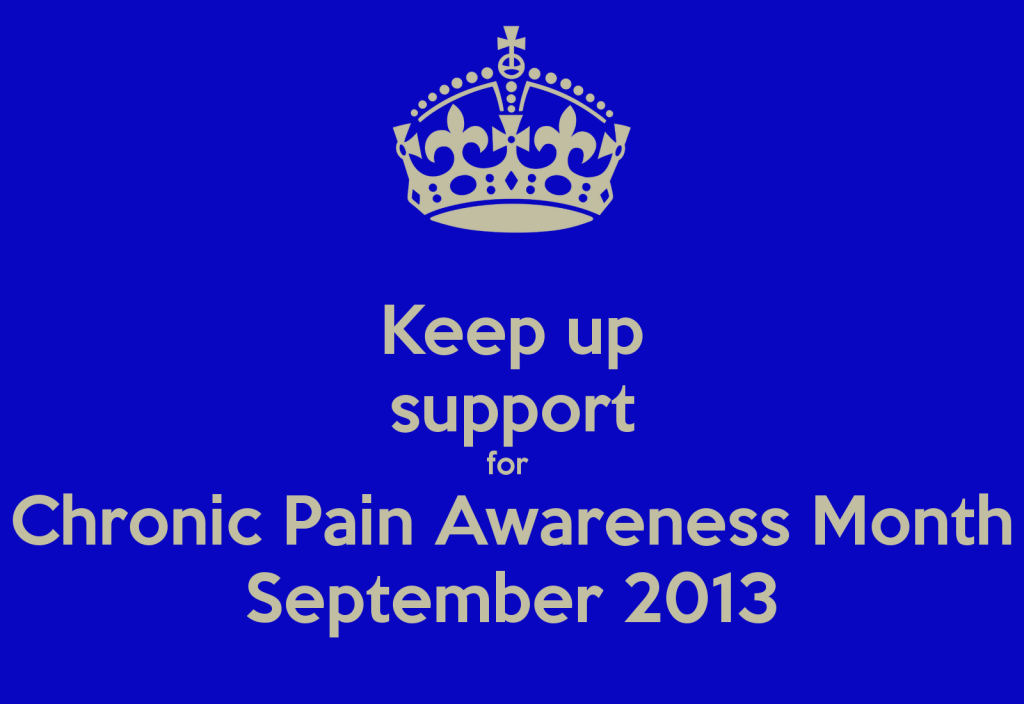
Complex Regional pain syndrome
Welcome to the latest in our series of pain and pain management blogs. To have a look at the previous stuff we have covered please go to
https://patienttalk.org/?tag=pain-management.
Today we want to focus on Complex Regional Pain Syndrome or CRPS. A little understood medical syndrome but one which, according to the Britain’s Royal College of Physicians, 12,500 or so people are diagnosed with each year in the UK. For more information on this and other aspects of CRPS this article is worth reading http://www.rcplondon.ac.uk/sites/default/files/documents/complex-regional-pain-full-guideline.pdf.
The objective of this blog is to give people who have RCPS an opportunity to share their pain management story with other people with the condition and their caregivers.
One of the main issues is that the causes of Complex Regional Pain Syndrome are not yet fully understood but it often manifests after an injury. The key issue is that the pain that results from the injury is much greater than the sufferer, typically, would expect.
The pain which is, for most, the key symptom, has been described as “(chronic) burning pain in one of their limbs”. Though in some cases it can be in more than one limb. I was told this was true in around 7% of cases.
While the condition often disappears a few days after the injury in some cases it can continue for months and years. It is advised that patients receive treatment as soon as possible to improve long term outcomes.
So how is CRPS it treated? Normally in three ways:-
a) Medications – such as pain killers and anti-inflammatory.
b) Physiotherapy
c) Counselling to help the patient come to terms with the effects of pain
This is where you come in.
It would be great if you could share your CRPS story with our readers. The following questions may be useful:-
1) What do you think caused your CRPS?
2) How would you describe the pain and other symptoms?
3) How long did the symptoms last?
4) How did you treat your CRPS and how effective were these treatments?
Please feel free to share anything you think may be of interest with our readers. Any links to useful sites would be great.
Many thanks in advance.




